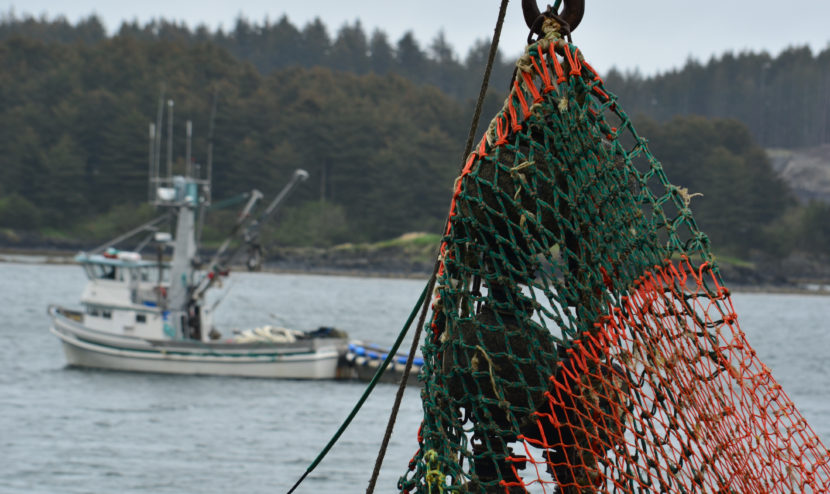
The Commercial Fisheries Entry Commission will keep most of its functions for now, after commission supporters fought to protect it from losing certain functions to the Alaska Department of Fish and Game.
Gov. Bill Walker put a hold on an administrative order he issued in February, saying he needed more stakeholder feedback.
The commission controls the number of licenses in commercial fisheries to ensure their economic health and stability. An audit last year found the state could save up to $1.2 million dollars by consolidating the commission’s administrative functions in Fish and Game.
Walker said he unfortunately bypassed public engagement in an effort to find cost savings through Administrative Order 279.
Kodiak salmon fisherman Bruce Schactler said he’s pleased Walker issued a moratorium on the order.
“Well, I think it’s a great thing,” Schactler said. “It’s a very governor-like thing to do – to want to involve everybody and to acknowledge that, you know, maybe something got missed.”
An earlier Department of Fish and Game report found a backlog of applications to the commission for permits, with some cases taking more than 15 years to complete. The audit suggested that the state make the three full-time commissioners part-time positions, and hire a full-time executive director to manage daily operations.
Many commercial fishermen have praised the agency for the speed with which it handles annual permit renewals.
And Petersburg gillnetter Max Worhatch said the commissioners continue to do worthwhile work.
“I do feel strongly that CFEC is something that should be protected,” Worhatch said.
Fisherman Robert Thorstenson sued to block the administrative order. While a Superior Court judge ruled in favor of the state government in July, Walker decided he wanted more public input before moving forward.
Fish and Game Commissioner Sam Cotten said the state will engage stakeholders this fall on how to find cost savings at the CFEC.
“Some things are probably going to be pretty easy to agree on,” Cotten said. “For example, I think, even the commissioners last year agreed that they should – could go to part-time. And so that would be a big cost saving. And then the second issue is what kind of administrative functions could we combine with the department so that we could save money and avoid duplication.”
He said the state will begin the engagement process soon.
